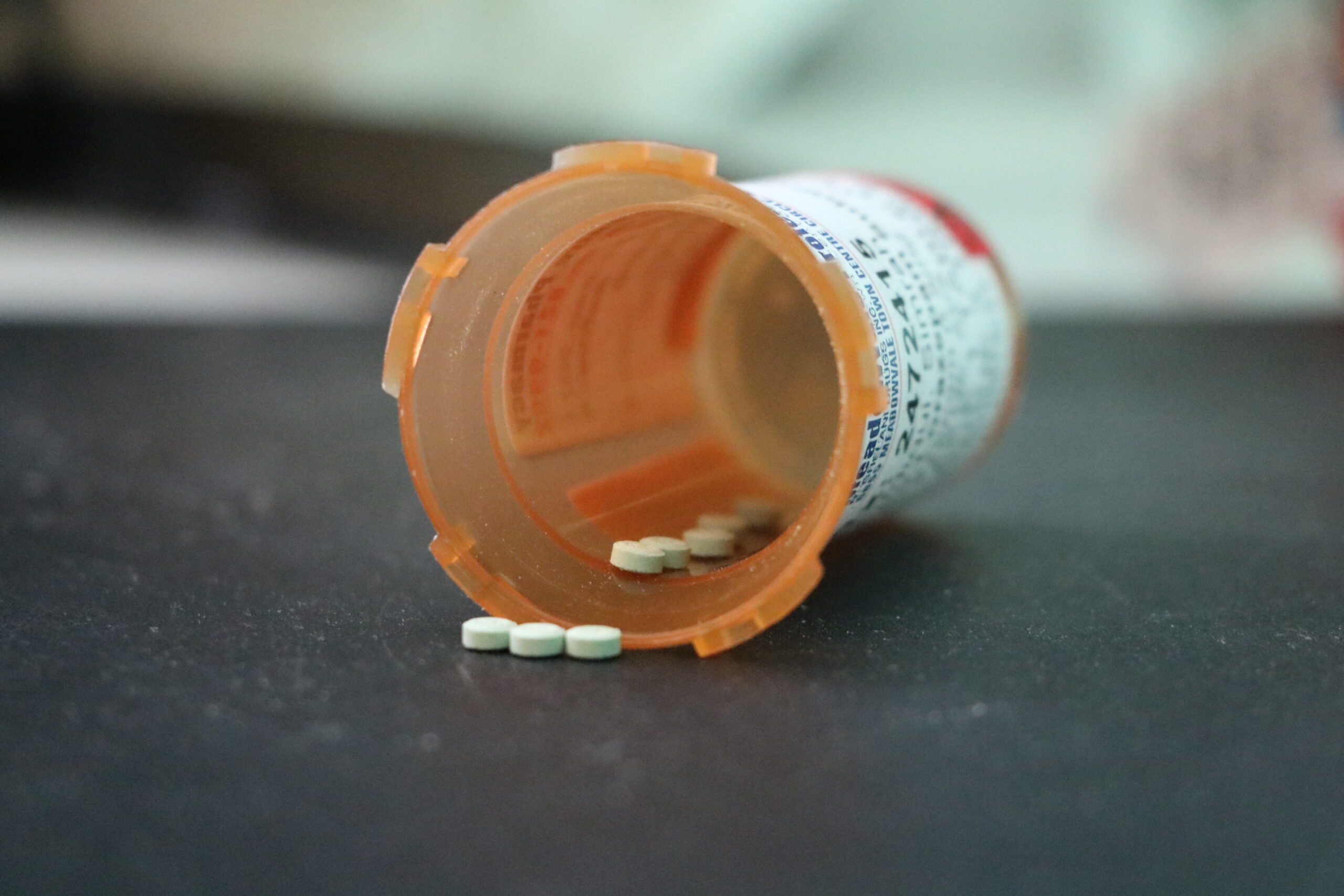Microdosing on psychedelics: Are there any benefits?
Previous studies show the benefits of microdosing on mental health, but there’s still a lot more to discover.
Psychedelics, alongside other drugs, have always been an area of interest, as they’re publicized through the media in popular television series like Skins and Euphoria. Often advertised through such means to young adults, the conversation on the use of psychedelics like magic mushrooms is dismissive due to the potential harms and illegality of the drugs. Most recently, there has been an increase in discussion over individual experiences with microdosing psychedelics in the scientific community.
Microdosing is the act of taking a fraction of a dose of hallucinogenic drugs such as LSD, magic mushrooms, or peyote. Small doses of these drugs lead to mood lifts and an overall sense of deeper creativity. This is relative to full dosing, which can lead to severe hallucinations, panic, paranoia, and psychosis symptoms.
“In my late teens and twenties, I experimented myself, and I saw how much our experiences can be constrained by the ways we grew up and the mindsets created by our parents and early teachers,” says Dr. Norman Farb, an associate professor in the Department of Psychology at the University of Toronto Mississauga. “Psychedelics help dissolve these constraints by pushing you into a different world.”
While always being interested in the mind and consciousness, Dr. Farb began his undergraduate education in computer engineering. “After the first year, I switched from studying computer engineering to focusing on psychology and philosophy,” he explains. His new area of study included existentialism, which puts the mind at the forefront of the experience while also learning about practical research methods and design.
In Dr. Farb’s courses, students were noticing forums on Reddit holding several subscribers to subforums about psychedelics and microdosing. These communities were growing exponentially, leaving space for researchers to question the benefits and drawbacks of microdosing psychedelics. As a result, Dr. Farb and his students gathered more than 1,000 respondents from those online forums and published an observational study in Psychopharmacology in 2019. The study explored the effects of microdosing psychedelics on personality, mental health, and creativity. Users who participated reported former or current use of psychedelics in microdoses. Dr. Farb and his students found that those who microdosed scored higher on wisdom, open-mindedness, and creativity as compared to those who didn’t. Microdosing also led to lower scores on dysfunctional attitudes and negative emotionality.
“I already knew there was a very strong transformative potential for these drugs,” adds Dr. Farb. “I was excited to help my students put together some survey-based research to respectfully enter these communities that are already going on these personal transformations with psychedelics to see if they wanted to put this information into a more formal setting.”
These publications have led to an increased interest in the benefits of microdosing. Initial interest in the topic of the study was well received by those in the microdosing community, who gladly completed surveys in hopes of leading more research on the topic. However, the challenges in conducting any clinical studies using psychedelics come in the form of approvals. Dr. Farb’s application process to undergo his clinical research has taken almost five years—from getting approvals for the University of Toronto, to accepting donations and getting special consideration for the clinical use of an illegal drug by Health Canada.
In addition, Health Canada does not grant these types of drug exemptions if the study does not address a specific societal issue. They must know that there is the possible treatment of existing health issues using the drug. In Dr. Farb’s research, the drug waiting for approval is psilocybin, the active psychedelic ingredient in magic mushrooms.
“Psychedelics are very illegal, maybe more illegal than they should be given their potential harm compared to other drugs,” he explains while reflecting on the risks associated with the criminalization of drugs in Canada. Researchers must go through a submission process to Health Canada to receive an exemption to use illegal drugs in a clinical trial; they want to know the practicalities of the research. The process must also outline how the drug is going to be cultivated and manufactured, and how researchers will maintain the quality control of the production of the drug.
“The sweet spot we were able to find was by saying that we would be recruiting people with persistent depressive disorder, which is almost like a depressive personality as opposed to being in an acute phased depression where your function might be altered,” states Dr. Farb. “The good news is that, if there are no more hiccups in the process, it looks like we will be ready to start running these clinical trials this summer.”
Dr. Farb teaches PSY240: Introduction to Abnormal Psychology, a class where students learn about mental health disorders and the most common treatments for them. Typically, this course is the first exposure students have to the formal definitions of different mental health issues.
Reflecting on courses and resources for current undergraduate students in the field of psychology, Dr. Farb states there’s still a lot of room for improvement. “My goal is to make a difference in the lives of students who were like me who wanted a chance to try research to see if it’s something they really want to do with their future,” he concludes.

